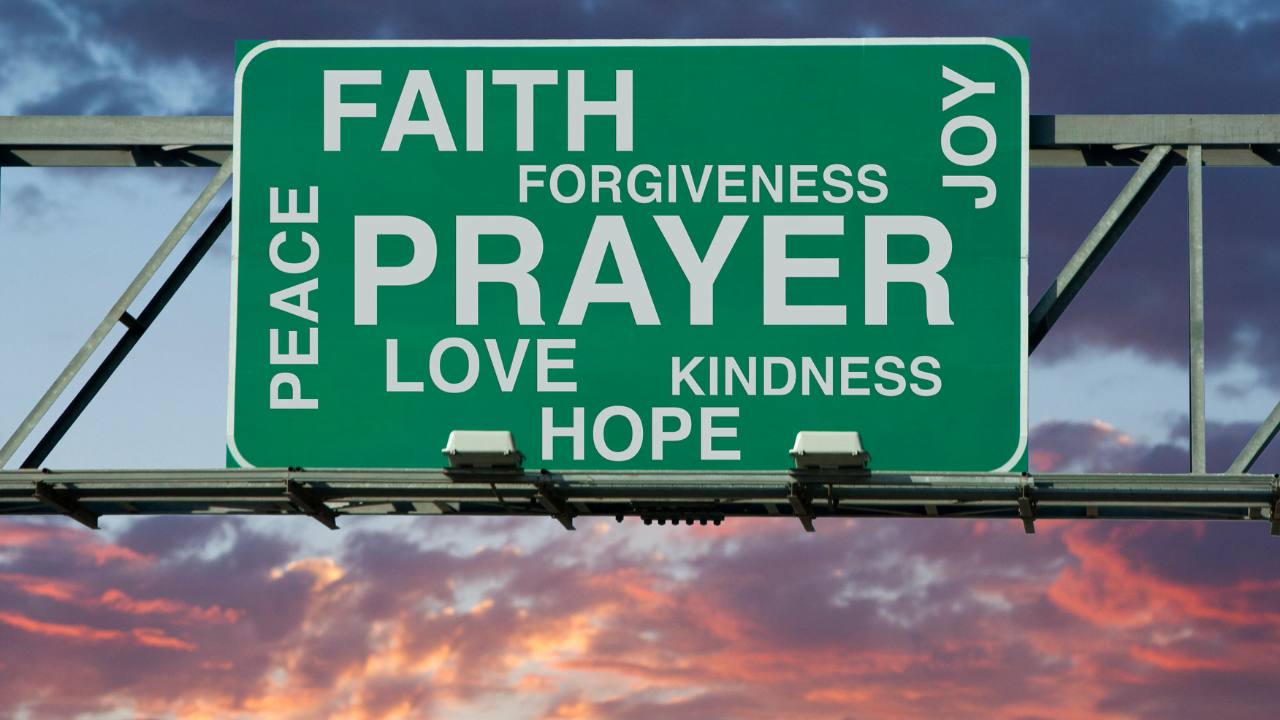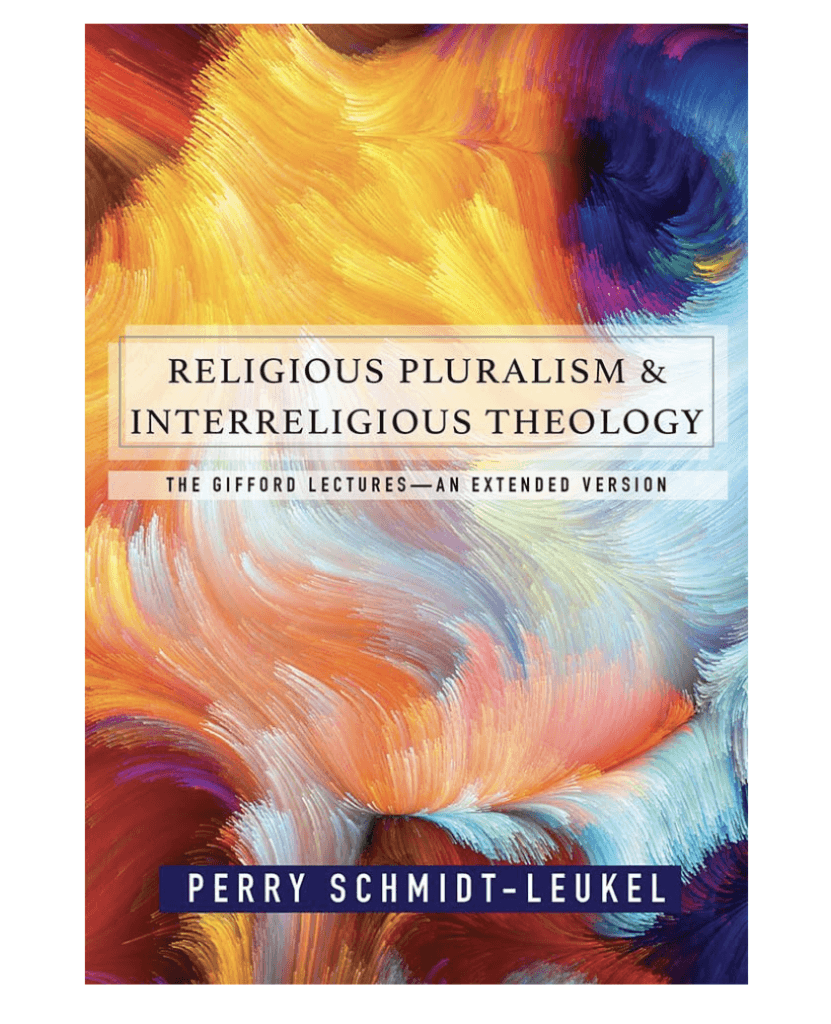No products in the cart.
Religious Pluralism and Interfaith Dialogue
ADVERTISEMENT
This post contains paid and/or affiliate links. I make a small commission at no extra cost to you. Please see our Privacy Policy.
Religious pluralism and interfaith dialogue are key to social harmony. They help us live together peacefully in our diverse world. As religious diversity grows, we must learn how to talk across faiths.
By accepting religious pluralism, we honor all beliefs and practices. This approach helps us build a society that values diversity. It stops us from seeing differences as causes of conflict.
ADVERTISEMENT
Interfaith dialogue is essential for bridging religious gaps. It lets us listen, learn, and understand each other better. Through dialogue, we find common ground and work together for a better society.
Peaceful living requires meaningful dialogue and tackling diversity challenges. Together, we can make a place where everyone feels valued and respected.
This article will dive into the importance of interfaith dialogue. We’ll explore the values and guidelines for successful talks.
We’ll also look at different dialogue forms and the role of Christian Ethics in fostering understanding.
Let’s explore how religious pluralism and dialogue lead to harmony. We’ll see their importance in our diverse world.
The Importance of Interreligious Engagement and Dialogue
Interreligious engagement is more than just talking. It’s about building a society that values all faiths. I
ADVERTISEMENT
t happens in places like hospitals, non-profits, and schools, bringing people together.
Anyone can join in interfaith dialogue, not just clergy. It’s a chance to have meaningful talks and work on projects that unite us.
To have good dialogue, we need to understand different faiths. By learning about various beliefs, we can find common ground.
ADVERTISEMENT
This way, we respect each faith’s unique aspects.

Benefits of Interreligious Engagement and Dialogue:
- Promotes understanding and awareness of different religious perspectives
- Fosters empathy, respect, and tolerance among diverse religious communities
- Enhances social cohesion and harmony in pluralist societies
- Encourages collaborative efforts for the greater good of society
- Combats religious prejudice, discrimination, and stereotypes
Engaging in Interreligious Dialogue:
Creating a safe space for dialogue is key. We must listen actively, be humble, and open to learning. Remember, dialogue is about understanding, not converting.
By engaging in dialogue, we help our society grow. We promote peace and inclusivity among all faiths, making our world better for everyone.
The Key Values and Guidelines for Successful Interreligious Dialogue
Interreligious dialogue is vital for harmony among faiths. It’s based on values like respect and collaboration. These values help create a safe space for learning and growth.
Key Values
- Harmony: Interreligious dialogue helps people from different faiths get along better. It celebrates our differences and promotes living in peace together.
- Collaboration: Working together is key in interreligious dialogue. It helps us tackle challenges, share values, and improve our communities.
- Commitment: To make interreligious dialogue work, everyone needs to be committed. It means listening, understanding, and having meaningful talks to build strong bonds.
- Interconnection: Seeing how we’re all connected is at the heart of interreligious dialogue. It shows we’re all in this together, as humans.
- Empathy: Empathy is essential for understanding between different religious groups. It’s about seeing things from another’s point of view and trying to understand their beliefs and experiences.
- Hospitality: Creating a welcoming space is vital in interreligious dialogue. It means being open and accepting, where everyone’s views are respected and valued.
Guidelines for Successful Interreligious Dialogue
Guidelines help us navigate interreligious dialogue well. They ensure our talks are respectful and beneficial for everyone involved.
- Humility: Starting with humility lets us recognize our own limitations. It makes us open to learning from others.
- Commitment: Being dedicated to interreligious dialogue is important. It takes time, effort, and emotional investment to build strong relationships and have meaningful conversations.
- Interconnection: Seeing the connection between religious groups helps us work together. It fosters a sense of shared responsibility and teamwork.
- Empathy: Cultivating empathy helps us truly understand and appreciate others’ beliefs, values, and experiences.
- Hospitality: A welcoming environment is key. It makes participants feel valued, safe, and free to share their thoughts without fear of judgment.
By following these values and guidelines, interreligious dialogue becomes a powerful tool.
It promotes harmony, understanding, and works towards the greater good.
Advertisement. Scroll to continue reading.
The Forms of Dialogue and the Role of Christian Ethics
Dialogue is a powerful tool for fostering understanding and collaboration in an interfaith society.
It can take on various forms, each serving a unique purpose in promoting mutual respect and the common good. These forms of dialogue include:
Dialogue of the Head (Cognitive Dialogue)
Cognitive dialogue engages individuals intellectually, encouraging deep thinking, analysis, and rational discourse. It involves the exchange of ideas, beliefs, and philosophical perspectives.
Through the head’s dialogue, we can learn about different faith traditions, their teachings, and the diverse perspectives held within them.
This dialogue encourages critical thinking and broadens our understanding of religious pluralism.
Dialogue of the Heart (Affective/Spiritual Dialogue)
Dialogue of the heart focuses on interfaith engagement’s affective and spiritual aspects. It involves sharing personal experiences, emotions, and spiritual insights.
Advertisement. Scroll to continue reading.
This dialogue fosters empathy, compassion, and a deeper connection with others.
Through dialogue of the heart, we can cultivate a sense of shared humanity, appreciating the beauty and richness of diverse religious experiences.
Dialogue of the Hands (Ethical Dialogue)
Ethical dialogue emphasizes collaborative action and the practical implementation of shared values across religious traditions. It involves working together to address social issues, promote justice, and serve the common good.
Dialogue of the hands enables us to put our beliefs into action, transcending religious boundaries and creating tangible positive change in our communities.
When engaging in interfaith dialogue, Christian Ethics plays a key role. Rooted in Jesus Christ’s teachings, Christian Ethics provides a moral framework for believers.
It encourages love, compassion, and respect for all, regardless of their religious background.
It promotes understanding and moral pleas that resonate with people of various faiths.
In an interfaith society, dialogue is a bridge that connects people from different religious backgrounds.
It fosters social harmony and promotes peaceful coexistence. By embracing different dialogue forms and incorporating Christian Ethics, we can create a culture of respect, understanding, and collaboration.
In this culture, religious diversity is celebrated and valued.
Conclusion
It’s important to understand and respect different religions to live in harmony.
By doing this, we can make our society more inclusive and tolerant. This way, everyone can feel valued and respected, no matter their beliefs.
When we talk and learn from each other, we grow. We learn to appreciate our differences and work together. This helps us understand and respect other faiths, building a stronger community.
Advertisement. Scroll to continue reading.
Values like harmony and empathy are key. They help us deal with the challenges of different beliefs.
By following these values, we can create a place where everyone can thrive and contribute together.
In short, to achieve harmony, we need to talk and respect each other’s beliefs.
This approach helps us celebrate our differences and value everyone’s contributions. It’s a way to build a better society for all.
FAQ
What is the role of religious pluralism and interfaith dialogue in fostering social harmony?
Religious pluralism and dialogue help us understand and respect each other. They make it easier to live together peacefully, even when we have different beliefs. These practices help us value and respect all religions, creating a more harmonious society.
Where does interreligious engagement take place?
Interreligious engagement happens in many places. This includes hospitals, non-profits, workplaces, schools, and even the military. It’s not just about talking; it’s about working together and building relationships across different backgrounds.
What are the fundamental values and guidelines for successful interreligious dialogue?
For successful dialogue, we need values like harmony and respect. It’s also important to be open to different views and work together for the greater good. Guidelines include being humble, committed, and empathetic. These help create a safe space for meaningful conversations.
What are the different forms of dialogue in interfaith settings?
In interfaith settings, dialogue can take many forms. There’s cognitive, affective, and ethical dialogue. Each form helps us understand, appreciate, and work together to improve our world. Christian Ethics also plays a big role in making moral pleas that everyone can understand.
How can we navigate religious pluralism and interfaith dialogue in society?
To navigate religious differences, we need to talk and respect each other. By engaging in dialogue, we learn from one another and appreciate our differences. Embracing values like harmony and empathy, and following guidelines for dialogue, helps us build a more inclusive society.
ADVERTISEMENT
ADVERTISEMENT












